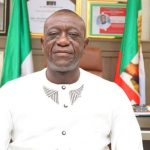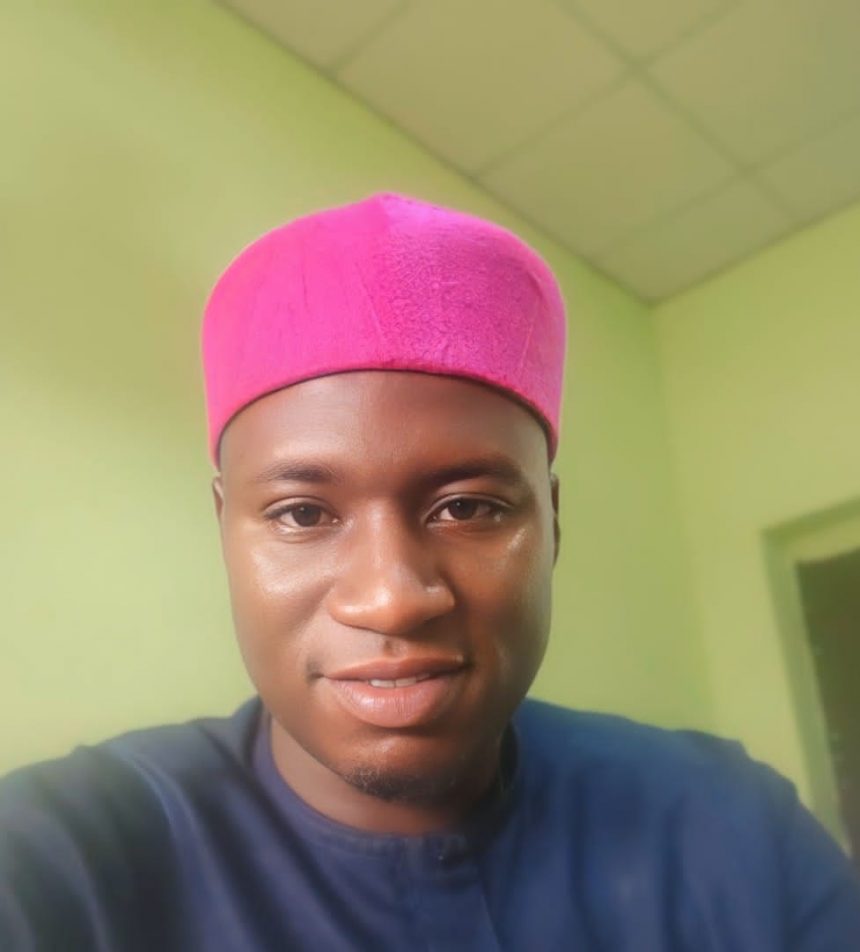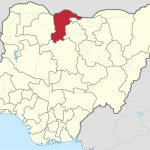Political Recruitment And The Quality Of Decision-Making In The Nigerian 9th National Assembly –A Critical Analysis
Earlier at my leisure, I took out time to research on the Political Recruitment Process in Nigeria and the Quality of their Decision-Making in the Nigerian 9th National Assembly – X-raying how political recruitment affects decision–making within this crucial institution, using examples to drive home some key points.
So, buckle up and prepare for a deep dive, with a sprinkle of humor to keep things lively.
Let’s start with political recruitment—what a labyrinth! Picture this: in a perfect world, candidates are chosen based on their competence, knowledge, and their ability to perform legislative duties effectively. But in Nigeria, we seem to have a different understanding of “perfect.”
Political recruitment in Nigeria has been widely recognized as a fundamental determinant of legislative effectiveness and governance. Therefore, the process through which political parties select candidates for legislative positions significantly influences the quality of leadership and decision-making within parliaments (Norris, 2020).
The Nigerian 9th National Assembly, inaugurated in 2019 has been at the center of scrutiny due to concerns about the quality of decision-making and legislative performance. As a key institution of democratic governance, the National Assembly is responsible for lawmaking, oversight, and representation. However, the extent to which the recruitment of its members influences its ability to perform these roles effectively remains an underexplored area of study.
Today, our system thrives on who you know, not what you know. Now, if you’re unfamiliar with political godfathers, think of them as the Yodas of Nigerian politics—except they are not here to train Jedi knights but rather, to anoint lawmakers. These godfathers, like the legendary President Bola Ahmed Tinubu, wield immense power, sometimes more than party manifestos.
This practice explains why candidates like Femi Gbajabiamila , a fine lawmaker no doubt, rose to become Speaker of House of Representatives largely with elite backing rather than a transparent internal party democracy.
But what does this mean for decision-making? Ah, that’s where the plot thickens! When political loyalty takes precedence over merit, we get legislators who struggle with basic legislative tasks.
I like to think of it as trying to cook a delicious pot of jollof rice without knowing the recipe—you’re bound to make a mess. A classic example is the Petroleum Industry Bill (PIB), which was finally passed in 2021 after years of back-and-forth. However, despite its significance, many legislators had a shaky grasp of the technicalities, and it showed.
Debates on revenue–sharing models and community benefits left many scratching their heads, wondering if our lawmakers really knew what they were discussing (Obi & Salami, 2023).
Scholars such as Abiola and Adeyemi (2022) argue that political parties in Nigeria must adopt internal democratic practices and open up the candidate selection process to greater public scrutiny to improve the quality of recruitment. This would not only enhance the effectiveness of the National Assembly but also strengthen democratic governance in Nigeria.
This brings us to the crux of the matter—how flawed recruitment affects not just decision–making but the very essence of governance.
Let me give you another analogy: imagine hiring a team of tailors to make suits, but half of them have never threaded a needle in their lives. The result? Crooked seams and loose buttons! That’s essentially what we get in the National Assembly when recruitment focuses more on loyalty than competence.
For example, during debates on national security—arguably Nigeria’s most pressing issue—there were no groundbreaking legislative ideas, just recycled rhetoric. Leaders like Senate President Ahmad Lawan and Speaker Femi Gbajabiamila voiced concerns, but little concrete action followed because the decision-making abilities of some lawmakers were compromised by inexperience (Adebayo & Oke, 2021).
Now, let’s not pretend this is a problem unique to Nigeria. Other countries also struggle with political recruitment, but some have found ways to improve.
Take Ghana, for instance, where reforms have made their recruitment process more transparent, ensuring that competent candidates are selected (Lodge, 2019).
Or South Africa, where the African National Congress (ANC) insists on rigorous vetting before a candidate even dreams of stepping into parliament. These nations show that reform is possible, and they provide a glimmer of hope for Nigeria’s political future.
So, what can be done? For starters, let’s bring transparency into political recruitment. Party primaries should be open, competitive, and free from the clutches of godfathers—no more backroom deals in dimly lit rooms.
Political parties should prioritize the qualifications and professional experience of candidates.
Imagine a National Assembly filled with experts in public policy, governance, and law, all working together to tackle our nation’s biggest challenges.
Sounds like a dream, right? Well, it doesn’t have to be. As scholars like Adejumobi (2020) point out, if we’re serious about good governance, we need to start with who we’re letting into the decision-making room.
To this end, political recruitment is the foundation of legislative effectiveness. When we get it wrong, as we often have, the entire building wobbles—no amount of patchwork can fix a shaky foundation. But with reforms focused on merit, competence, and transparency, we can build a National Assembly that makes decisions not just for today, but for the future.
The quality of decision-making in the Nigerian 9th National Assembly is intricately linked to the flawed political recruitment processes that prioritize loyalty, patronage, and financial power over competence and expertise.
These recruitment patterns have produced a legislature that often struggles with legislative independence and informed decision-making on critical national issues like security, economic policy, and electoral reform.
The influence of political godfathers and party elites further complicates the capacity of lawmakers to act in the national interest.
To improve legislative performance, Nigeria must implement reforms that prioritize transparent, merit-based recruitment, strengthen internal party democracy, and enhance accountability mechanisms for lawmakers.
Only by addressing these challenges can the Nigerian National Assembly evolve into a more effective and independent legislative body capable of driving meaningful governance reforms otherwise, we will continue to end up with chefs who can’t cook!
– Abdulkadir Bin ABDULMALIK
Political Scientist writes from Lokoja, Kogi State
Email: Abdulmalikabdulkadir@gmail.com










